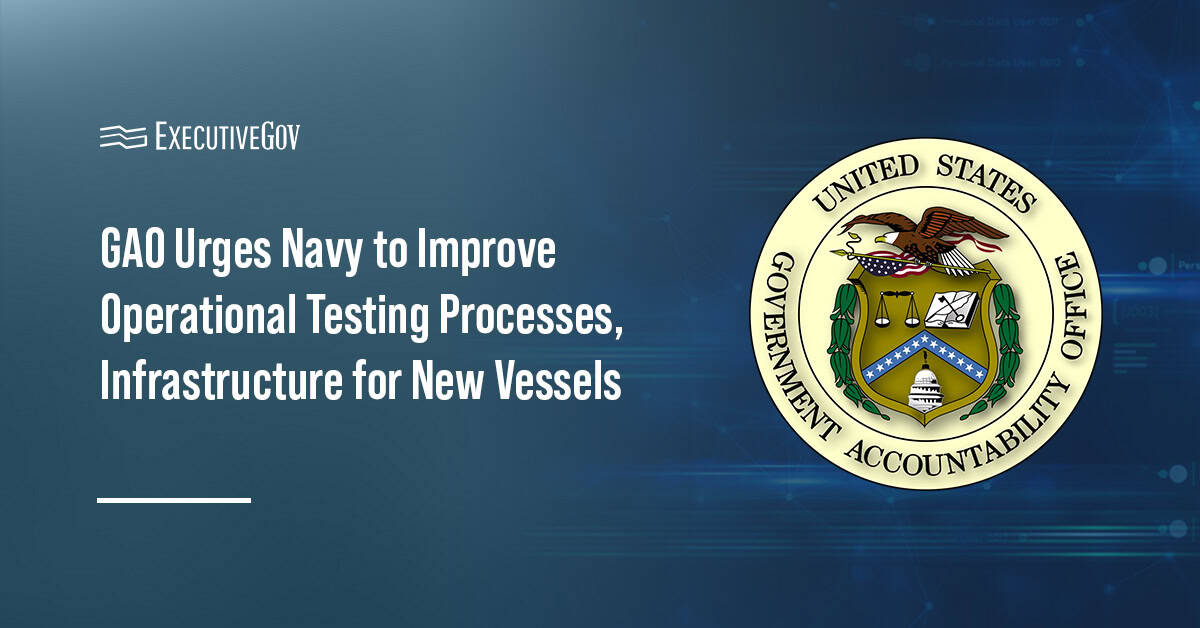The U.K. defense ministry has announced a $54 million investment in an academy to support the training of cybersecurity professionals and share ideas and knowledge with the U.S. and other international partners in cyberspace operations.
The U.K. government said Wednesday the defense cyber academy will come up with domestic and international courses to further develop the country’s cyber profession and provide cybersecurity training for defense personnel to prepare for future NATO, multidomain and joint operations.
The academy will work with industry and academia to improve research and higher education programs and collaborate with international allies to develop and implement cybersecurity best practices.
Ben Wallace, U.K. defense secretary, said defense cooperation between the U.S. and the U.K. will continue to broaden in the coming decades and the cyber academy will build on that collaboration to help fight cybersecurity threats.





